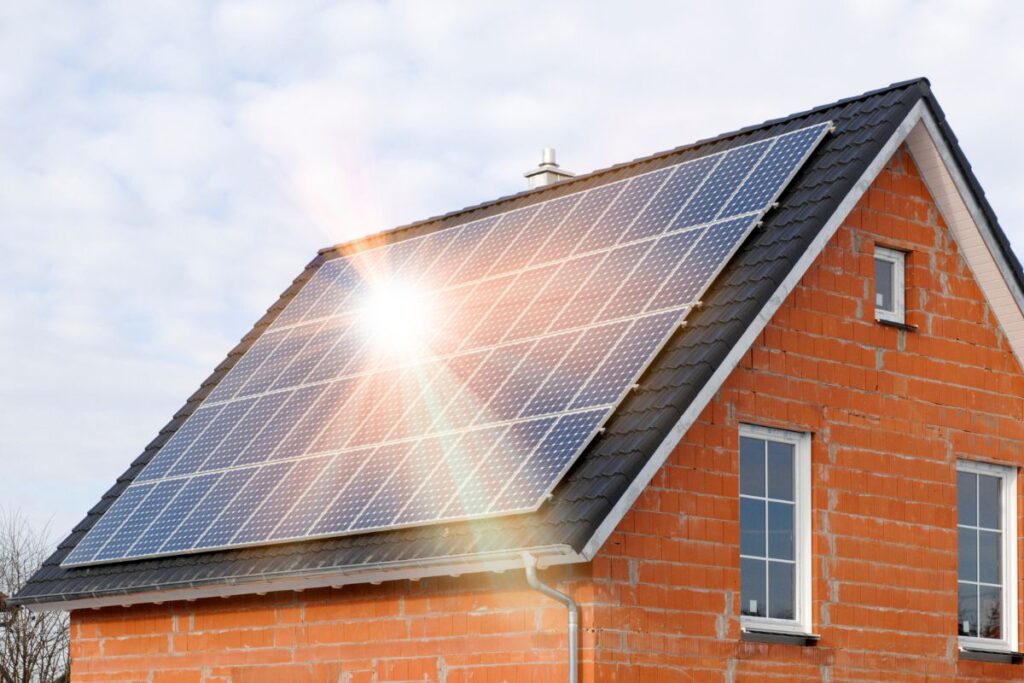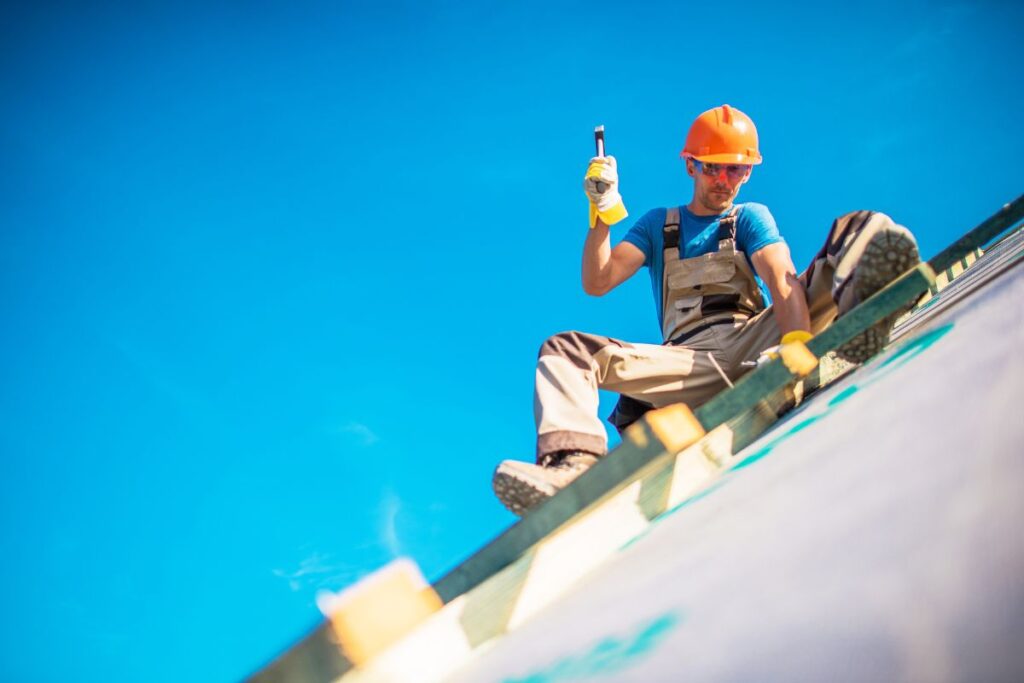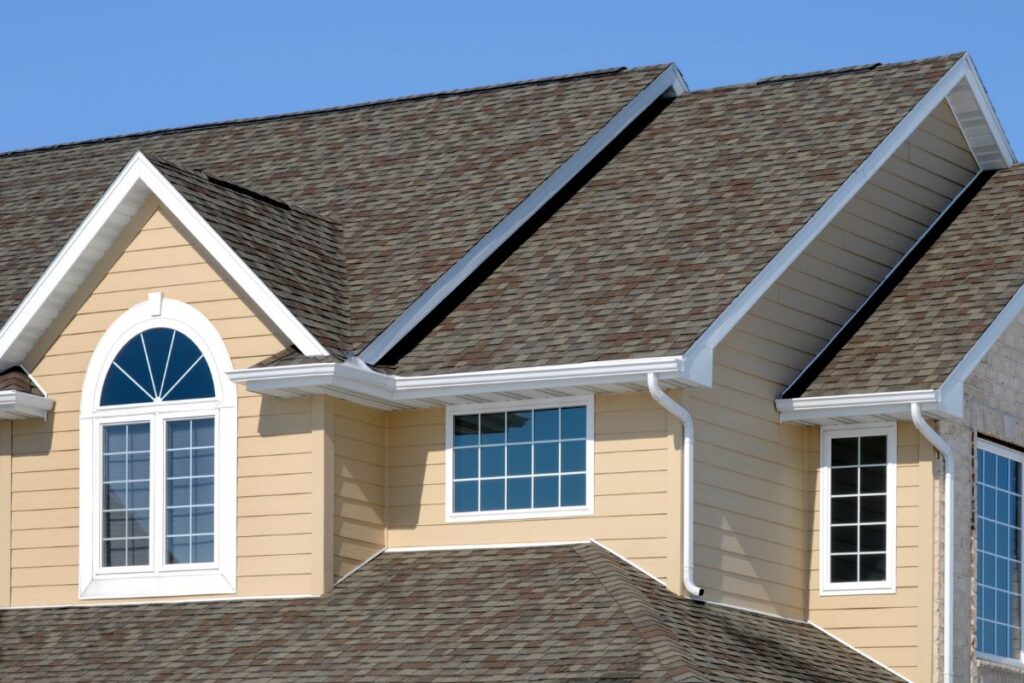With rising energy costs and increasing environmental concerns, homeowners are turning to renewable energy solutions like solar panels. But is it worth incorporating solar panels into your residential roofing? This article will explore the pros and cons to help you make an informed decision.
- Energy Savings
The primary reason homeowners install solar panels is the potential for significant energy savings. By generating your own electricity, you can greatly reduce your utility bills. The exact amount of savings depends on factors like the size of the solar system, your energy consumption, and the amount of sunlight your area receives.
- Increased Home Value
Studies have shown that homes with solar energy systems sell for more than those without. Buyers are often willing to pay a premium for a solar-equipped home, knowing they’ll save on electricity costs. This increase in home value can offset the initial cost of the solar panels.
- Environmental Impact
Solar panels produce clean, renewable energy, which reduces your home’s carbon footprint. By utilising solar power, you can help combat greenhouse gas emissions and reduce dependence on fossil fuel.
- Financial Incentives
Many governments offer tax credits, rebates, and other incentives for installing solar panels. These incentives can significantly reduce the cost of your solar system. However, they are subject to change and may vary depending on your location.
Cons
- High Upfront Cost
While the price of solar systems has decreased over the years, the upfront cost can still be high. It’s a long-term investment that can take several years to pay off.
- Dependence on Weather
Solar panels require sunlight to generate electricity. If you live in a region with limited sunlight or long winters, the efficiency of your solar panels will be affected.
- Roof Condition and Type
Not all roofs are suitable for solar installations. The condition, type, and angle of your roof, as well as the direction it faces, will affect the efficiency of your solar panels. If your roof needs upgrading before the solar installation, this will also add to the upfront cost.
- Maintenance
While generally low maintenance, solar panels do require periodic cleaning and inspection to ensure maximum efficiency. Also, if the system breaks down, repair costs can be expensive without a warranty or service plan.
- Aesthetics
Some people don’t like the look of solar panels on their new roof. If aesthetics are a concern, solar tiles are a more visually appealing option, but they are more expensive.
In conclusion, incorporating solar panels into your residential roofing can be a worthwhile investment, offering substantial energy savings and increased home value. However, it’s essential to consider factors like your local climate, roof type, and financial incentives before making a decision. Always consult with a solar installation professional to assess the feasibility and potential benefits for your specific situation.


